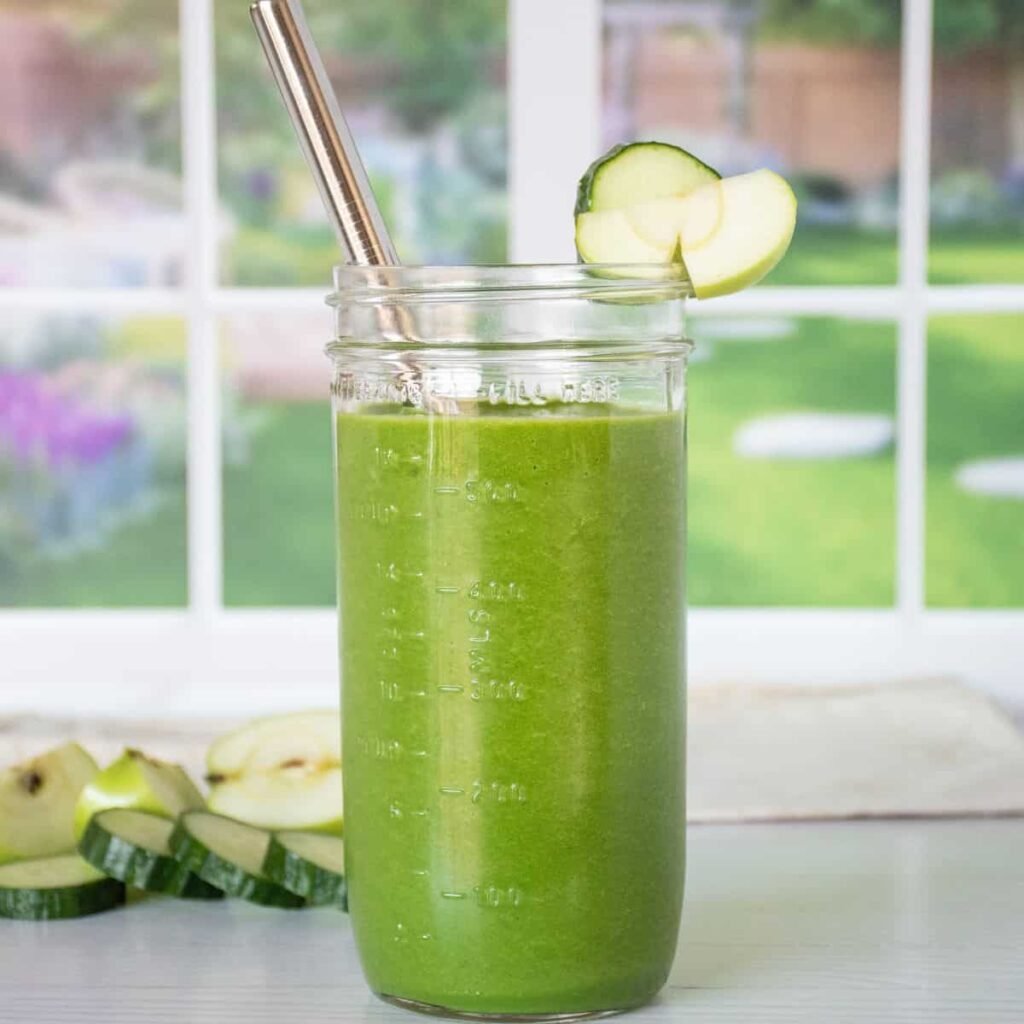Nutrition
Health benefits of wheat

Wheat flour is a powder made from the grinding of wheat used for human consumption.
1. For healthy skin and hair
The main benefit of wheat flour is that it has a positive effect on our body. It contains selenium, an antioxidant that is an essential element to fight against harmful infections. It also helps the scalp from g etting dry and prevents dandruff. The whole wheat grain has a zinc and vitamin E element that helps in getting lustrous hair, nourishes the hair and protects them from damage. It also helps in skintightening and anti-ageing.
2. Aids digestion
The richness of fibre present in the whole wheat grain has multi -dimensional effects on our body. It is not only good for aiding good digestion but also helps in clearing harmful toxins from the body. The antibacterial properties of whole wheat grain help in the reduction of the adverse effects of digestive tracts and help to improve the interstitial health tract. With a good digestive system, the overall health of the body also improves. It has a positive effect on the skin and hair.
3. Prevents weight gain
Researches suggest that eating rich fibre food can help in the re duction of weight and lowers the risk of obesity. Studies also suggest that whole wheat grain helps to cut down the bad fat from the body and helps in the distribution in the body. In fact, it was also suggested that if a person is having three meals of whole wheat grain daily then the body mass index (BMI) will be lowered.
4. High in nutrients and fibre
Whole wheat flour is rich in vitamins, fibres, magnesium, zinc an d proteins. The whole wheat has a high content of zinc. It is also a rich source of Vitamin B. It contains a good amount of minerals such as zinc, iron, magnesium, and manganese. Antioxidants are also found in whole wheat.
5. Cleanses the system
Wheat stimulates clean blood and eliminates harmful bacteria which is considered the best detox diet. Diseases such as headache, joint pain and bloating can be relaxed with the consumption of whole wheat grain. Consumption of wheat helps in reviving constipation because of the presence of fibre that detoxifies the system and maintains a healthy colon and intestine.
6. Reduction in chronic inflammation
Inflammation is the cause of many chronic diseases. One of the main benefits of using wheat flour is that it reduces inflammation. Adding whole wheat to your diet can not only help in the reduction of infl ammation but also reduces the risk of chronic diseases.
7. Improves mental health
The fact is that vitamin B and E, which are present in whole wheat help in energy generation and also maintains the healthy DNA in the body.
Vitamin B is said to comprise eight classes of vitamins. Of these, the Vitamin B complex is the most known but it is water-soluble by nature, our body cannot retain this vitamin. Therefore including Vitamin B complex in our diet is good for inflammatory regulations in the brain and s ubclinical mental illness. Vitamin E is a good source of preventing memory-related diseases.
8. Lowers the risk of heart diseases
The biggest health benefit of using whole grains is that it lowe rs therisk of heart disease. Studies show that three (28-gram) meals of whole grains daily are good for the health of the heart. Researchers found that whole grain diets are good for maintaining a healthy heart over refine d grains.
9. Reduces the risk of cancer
Studies show that including whole wheat in your diet may help in reducing the risk of skin cancer. The presence of selenium in whole wheat helps in that process. It also helps in nourishing the skin and maintaining radiance. Wheat has the benefit of eliminating colorectal cance r which is a common type of cancer.
Source: indiagateflours
Nutrition
Palm nut soup

Palm nut soup is a Ghanaian dish that can be served with so many foods. It has a rich base of palm nuts combined with tomatoes and various vegetables that makes it very nutritious.
Preparation
Ingredients
– 1 kilogramme of palm nut
– Half kilogramme of beef
-One kilogramme of goat meat
-Three large salmon
-One full tuna
– A handful of turkey berries
-Two large onions
-4 large tomatoes
-3 large garden eggs
– One tin of mackerel
-Ten large peppers
– One large ginger
-2 cloves of garlic
– Four fingers of okro
– Salt to taste
Instructions
-Wash, cook palm nut, turkey berries, and pepper and add salt to it.
-Grind palm nut, turkey berries and pepper with mortar and pestle or mini food processor.
-Wash goat meat, beef, Tuna, salt and put on fire.
– Blend onion, garlic, ginger and tomatoes and pour on the goat meat.
– Add smoked tuna and salmon and okro to the soup.
-Use a spoon or ladle to skim off the surface oil.
-Garnish the soup with the okro or garden eggs as desired.
-Serve with fufu, banku or Omo tuo.
Nutrition
Cucumber and apple smoothie

Ingredients
-Two medium sized cucumber
-Three apples
-Four tablespoonful of honey
-Crushed ice
-Two cups of yoghurt
-One tablespoonful of blended ginger
– One tablespoonful of celery and mint
Preparation

-Wash and slice cucumber, apple into smaller sizes
-Blend until it is smooth
-Add honey and a little water to it
-Add crushed ice and yoghurt
-Blend it till you achieve your desired texture
– Then serve







